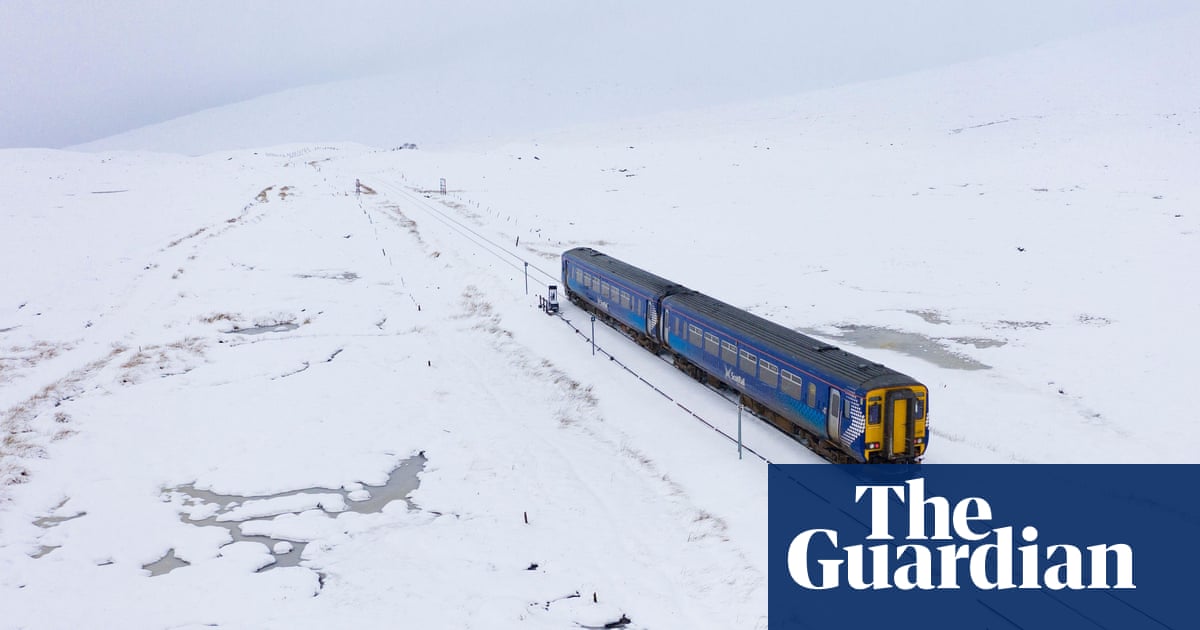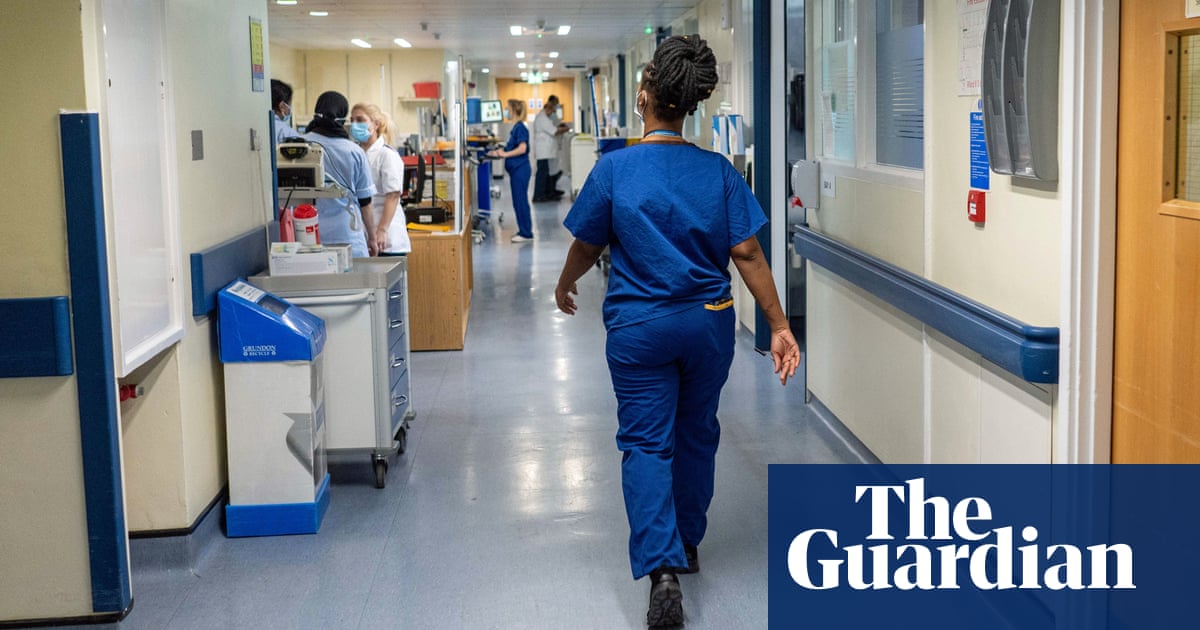
The Welsh and Scottish governments have hit back at the “unfair” extension of the furlough scheme during England’s second lockdown, weeks after the devolved nations called for the measure to support their own tightened restrictions.
By Sunday evening, both the Scottish government and the leader of the Scottish Conservatives found themselves at odds with the Treasury, as it appeared that the scheme would only be available to the devolved nations for the duration of an English lockdown.
The finance secretary, Kate Forbes, said: “Despite discussions today, the UK Treasury continue to deny our request that full furlough at 80% be made available for businesses and employees in Scotland at any point we need it, suggesting that it is only available for the duration of a lockdown in England.”
Earlier in the day the Scottish Conservative leader, Douglas Ross, insisted the UK government “must treat Scotland the same way as England”.
Ross called for No 10 to commit to restarting furlough if a Scottish national lockdown becomes necessary, ahead of a keynote speech to the Policy Exchange thinktank on Monday, saying the guarantee “has to be made immediately”.
Forbes said that she had requested further urgent talks with Treasury ministers after receiving “no clarity” on related questions about payments for business support and whether Holyrood will receive additional Barnett consequentials as a result of increased UK support for English local government.
Echoing the Scottish government’s concerns, the Welsh first minister, Mark Drakeford, said that extending furlough midway through his country’s “firebreak” measures was “not fair at all”. Drakeford told BBC Radio Cymru that the UK chancellor, Rishi Sunak, had rejected his requests to increase subsidies for wages when Wales went back into lockdown.
“I got an answer quickly to say that was not possible for a number of technical reasons and so, no. Now when things change in England, they change their minds about the furlough plan. And that’s not fair.”
Drakeford later held a meeting of the Welsh cabinet to discuss the impact of the new English measures and said that he would provide more details at Monday’s regular press conference.
Speaking on the BBC’s Sunday Politics Scotland, the Scottish deputy first minister, John Swinney, said that Westminster had disregarded the issues faced in Scotland, Wales and Northern Ireland when the devolved nations asked for a similar extension several weeks ago.
The latest criticisms reflect ongoing tensions between Westminster and the devolved nations, with Welsh and Scottish first ministers earlier this autumn accusing Boris Johnson of failing to speak to them directly about the possibility of a new national lockdown in England.
A Treasury spokesperson said Ross was “right that this crisis has underlined the importance of the union”.
“Our extension of the furlough scheme until December is just one part of our £200bn support package, which has protected jobs and helped millions of people across the UK continue to provide for their families.
“As we have throughout this crisis, we will continue to listen and respond to people’s concerns as the situation demands.”
Speaking on the BBC’s The Andrew Marr Show, the Labour leader, Keir Starmer, said he would have preferred to see a four-nations approach to a second lockdown.
While Johnson has faced heavy criticism for his delay in introducing a second lockdown, Scotland, Wales and Northern Ireland have tightened their own restrictions in recent weeks.
Wales introduced a two-week firebreak – coinciding with school half-term, and under which shops, pubs and hotels closed and citizens were told to stay at home – from 23 October, to last until 9 November.
Two weeks earlier, Scotland introduced a similar two-week “circuit breaker” around the school half-term. Sturgeon announced a nationwide ban on drinking indoors in pubs, bars and restaurants across Scotland, and a full shutdown of all licensed premises across the central belt, where infection rates are accelerating most rapidly. Schools and early years childcare remain open and a new five-level system of Covid controls comes into force on Monday.
In Northern Ireland, pubs and restaurants were closed for four weeks starting on 16 October with the exception of takeaways and deliveries. Schools were closed for two weeks from 19 October.
Speaking to BBC Scotland, Swinney said that while he could not categorically rule out a national lockdown in the future, the Scottish government had confidence in its own level system, under which the majority of Scots will live under level 3, which bans indoor socialising and drinking in pubs and restaurants along with travel between local authorities.
Swinney also said that, while there are significant differences in levels of coronavirus in Scotland in general compared with England, there are also significant differences within the country, for example between the Highlands and islands and west-central Scotland.












